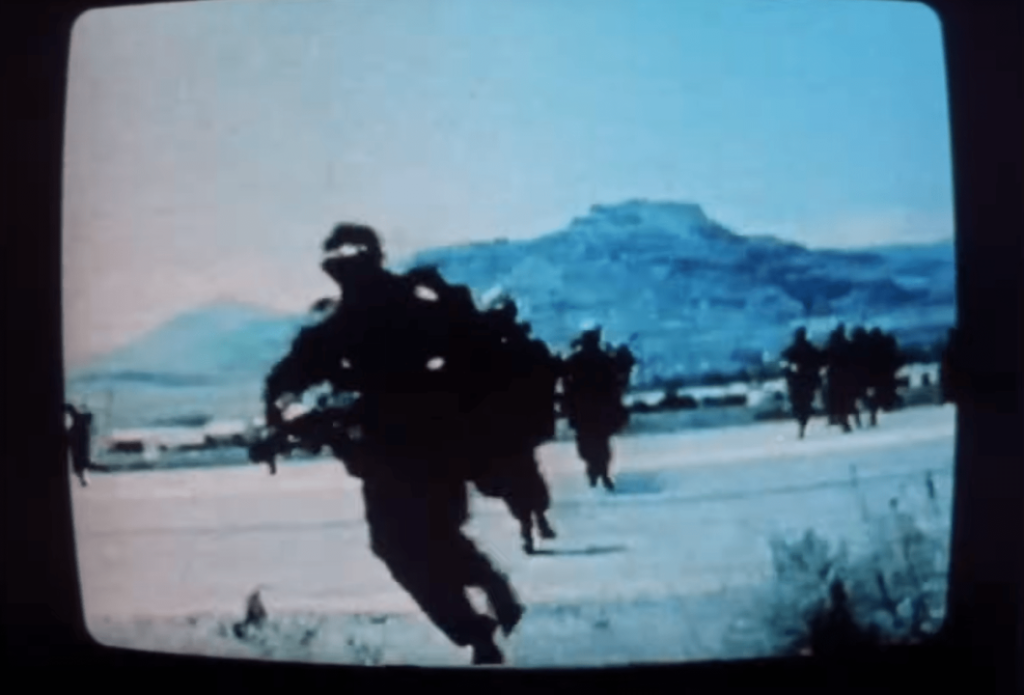10th October, 2024
As Halloween approaches, film enthusiasts and critics alike begin to curate lists of the scariest movies of all time. A frequent standout on these lists, especially those crafted by seasoned aficionados, is a low-budget BBC production that never graced cinema screens but left an indelible mark on its viewers.
“Threads,” a film penned by Barry Hines, known for “Kes,” and directed by Mick Jackson—who later directed mainstream movies like “L.A. Story” and “The Bodyguard”—remains a profoundly disturbing cinematic piece. This year marks the 40th anniversary of “Threads,” and in celebration (if one can call it that), BBC Four is broadcasting it for the first time in decades tonight at 10:15 p.m., following a brief interview with Jackson at 10 p.m.
What makes “Threads” so hauntingly memorable? Its terrifying realism and stark portrayal of human vulnerability in the face of nuclear war stand out. The narrative centers on a young couple in Sheffield, dealing with ordinary life and unexpected pregnancy amidst growing geopolitical tensions that hint at impending nuclear catastrophe.
The film’s setup mirrors typical British dramas from the 1960s, focusing on the domestic and mundane, yet interspersed with chilling reminders of a looming global crisis—news snippets and teletype updates foreshadow a grim future, suggesting an escalation between the United States and the Soviet Union over Iran.
As the story unfolds, what begins as a familiar family drama abruptly descends into chaos with an EMP strike that obliterates all electronics. The subsequent societal breakdown is depicted with harrowing precision: government impotence, widespread panic, and the swift disintegration of societal norms.
“Threads” employs its narrative power to transform everyday settings into scenes of apocalypse, with the impact of nuclear war reaching deep into the personal lives of its characters. The film extends beyond mere shock value, offering a grim commentary on the potential for societal collapse under the strain of global conflict.
This chilling portrayal ensures “Threads” stands apart from other nuclear war films like the American “The Day After,” which, despite its attempts, lacks the visceral impact of its British counterpart. “Threads” not only entertains but also provokes a profound reflection on the fragility of modern life and the haunting possibility of its abrupt end due to human folly.
As it airs tonight, “Threads” resonates with current global tensions, drawing eerie parallels to today’s geopolitical uncertainties. It serves as a stark reminder of the catastrophic consequences of political brinkmanship and the ever-present nuclear threat,

